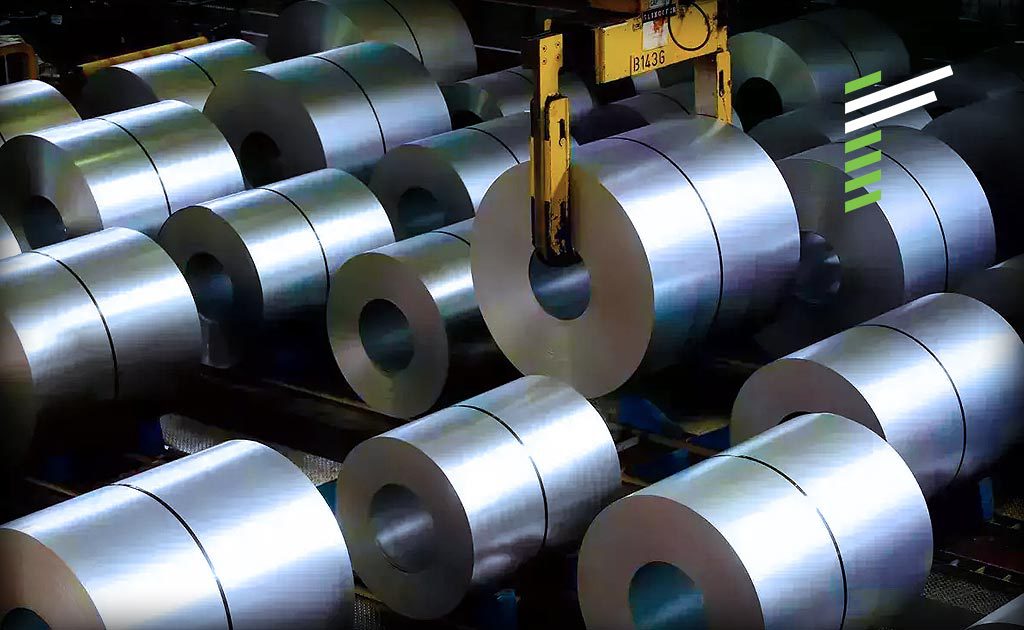BACKGROUND
Efficient production processes are critical in aluminium manufacturing plants. The manufacturing process is complicated and involves several stages and the capital investment of the entire operation is large. This means that optimising each stage of the production process including process efficiency is critical for success in the industry.
The Client manufactures quality grade aluminium circles at a modern production plant. The aluminium bottoms manufactured here are used in pressure cookers and other anodised/non-anodised cookware. The company has a fully equipped quality control and R & D department to test for impurities as well as for mechanical properties of the final product.
THE CHALLENGE
The Client engaged Renoir to help improve throughput, reduce repetitive failures and to design and install operational scorecards. The key deliverables for the project included:
- De-bottlenecking the plant to improve throughput.
- Increasing availability by installing a predictive maintenance culture.
- Improving the order fulfilment and dispatch process.
- Designing and implementing continuous monitoring and data capturing on the shop floor
ANALYSIS & PROJECT APPROACH
The Client commissioned Renoir to analyse the underlying issues, identify areas for improvement and implement a Transformation Programme.
Renoir’s Focus Process was deployed as a way of developing a broad understanding of the opportunities and promoting engagement in the changes to processes and management systems.
The joint team identified several issues which were undermining the company’s performance:
- Limited monitoring of output at hourly/shift level.
- Ineffective data logging and control over planned and unplanned downtime.
- Weaknesses in the target-setting process.
- Limited visibility on customer order fulfilment actual date versus commitment.
- Operators were unaware about the expectations.
- Improper utilisation of manpower
The team conducted focused discussions with key process owners and used observational studies to identify daily issues and opportunities for improvement in various areas, such as order planning, scheduling, dispatch planning, order pipeline management, and meeting effectiveness.
They implemented system elements to guide behaviour and improve output. To reduce unplanned downtime, they focused on improving production planning, implementing PM schedules, real-time monitoring, and spares planning. Planned downtime was reduced through advance casting planning in Sales Inventory Operation Planning meetings. To ensure participation from all key process owners, a cross-functional Management Action Team (MAT) was formed.
IMPLEMENTATION
Several system elements were implemented to resolve the issues relating to order planning and sequencing. We institutionalised a formal review structure to assess performance and planning for the next period.
To improve shop floor performance, we installed machine-wise boards which fostered a culture of short interval control. To improve the availability of real time production data and expedite decision making, WIP inventory and order tracking tools were installed along with daily, weekly KPI dashboards along with sales order dispatch dashboards.
The entire process from sales order to production scheduling and onto dispatch has been interweaved into a sales inventory and operations planning ecosystem. The system is backed by robust review mechanisms that manage individual elements from raw material requirement to production lot sequencing resulting in improved OTIF (On-Time-In-Full), measuring the efficiency and effectiveness of order fulfilment processes.
RESULTS
23%
Improved throughput compared to baseline
18%
Reduction in melting batch cycle time
20%
Increase in Plant availability
2%
Increase in ingots to actual circle recovery (yield)
40%
Reduction in Work-in-progress days
Installing a pull-based production structure yielded significant results and an end-to-end aluminium recovery tracking mechanism has enabled loss tracking at every stage before final circles are produced. This has resulted in better visualisation and improving yield by 2%.
As well as these important improvements, Renoir provided training in key change management concepts to develop a culture of continuous improvement.
This case study shows how it is possible to achieve process changes on the work floor, delivering real results that create value. The company now has the skills and expertise to implement changes that will increase performance still further.










